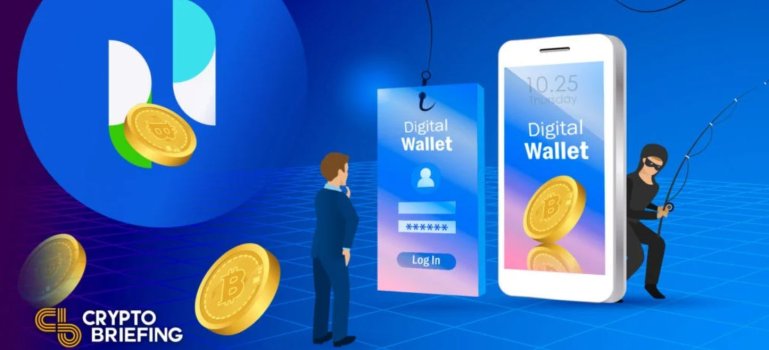Far too often we hear stories of people losing their crypto to hacks, phishing attempts or by simply losing access to their wallets. This article will describe a set of strong security habits to help users keep their tokens safe for a lifetime.
Not Your Keys, Not Your Crypto
Let’s say you are planning to hold your recently bought crypto for many years to come. Self-custody is crucial as it means that the only person who can access your account and the assets within them is no one other than you.
Any time you create a wallet, you generate a private key, along with a corresponding public key.
Public keys work as the holder’s address, visible to anyone to receive tokens (just like anyone can share their email address to receive messages). At the same time, the private key is needed to access the funds held in the public address and determine the actual ownership of the assets. Think of the private key as the password to access your email account.
Since private keys are typically made of a long string of characters, seed phrases are used as a user-friendly substitute for cryptocurrency wallets. Your seed phrase is your private key in a different format and consists of 12–24 random words generated by your wallet when you set it up. Seed phrases are also known as mnemonic or recovery phrases.
The owner of a wallet should never share their seed phrase with anyone else. In the case they lose it, most of the time, their cryptocurrency is lost forever. Any third party who gets access to a wallet’s seed phrase would gain control over the assets.
Getting Out of the Comfort Zone
The main threats for crypto users will generally come through their wallets or exchanges. The following is a set of recommended tips and best practices to guarantee the safety of your valuable tokens.
Continue reading: https://cryptobriefing.com/staying-safe-in-crypto-tips-and-practices-to-protect-your-stack/
Not Your Keys, Not Your Crypto
Let’s say you are planning to hold your recently bought crypto for many years to come. Self-custody is crucial as it means that the only person who can access your account and the assets within them is no one other than you.
Any time you create a wallet, you generate a private key, along with a corresponding public key.
Public keys work as the holder’s address, visible to anyone to receive tokens (just like anyone can share their email address to receive messages). At the same time, the private key is needed to access the funds held in the public address and determine the actual ownership of the assets. Think of the private key as the password to access your email account.
Since private keys are typically made of a long string of characters, seed phrases are used as a user-friendly substitute for cryptocurrency wallets. Your seed phrase is your private key in a different format and consists of 12–24 random words generated by your wallet when you set it up. Seed phrases are also known as mnemonic or recovery phrases.
The owner of a wallet should never share their seed phrase with anyone else. In the case they lose it, most of the time, their cryptocurrency is lost forever. Any third party who gets access to a wallet’s seed phrase would gain control over the assets.
Getting Out of the Comfort Zone
The main threats for crypto users will generally come through their wallets or exchanges. The following is a set of recommended tips and best practices to guarantee the safety of your valuable tokens.
Continue reading: https://cryptobriefing.com/staying-safe-in-crypto-tips-and-practices-to-protect-your-stack/

